A Homeowner's Complete Guide To Plumbing Tool And Equipment Maintenance
Ensure your plumbing's longevity and efficiency with our guide. Learn to prevent major issues and save on repairs with proper maintenance.
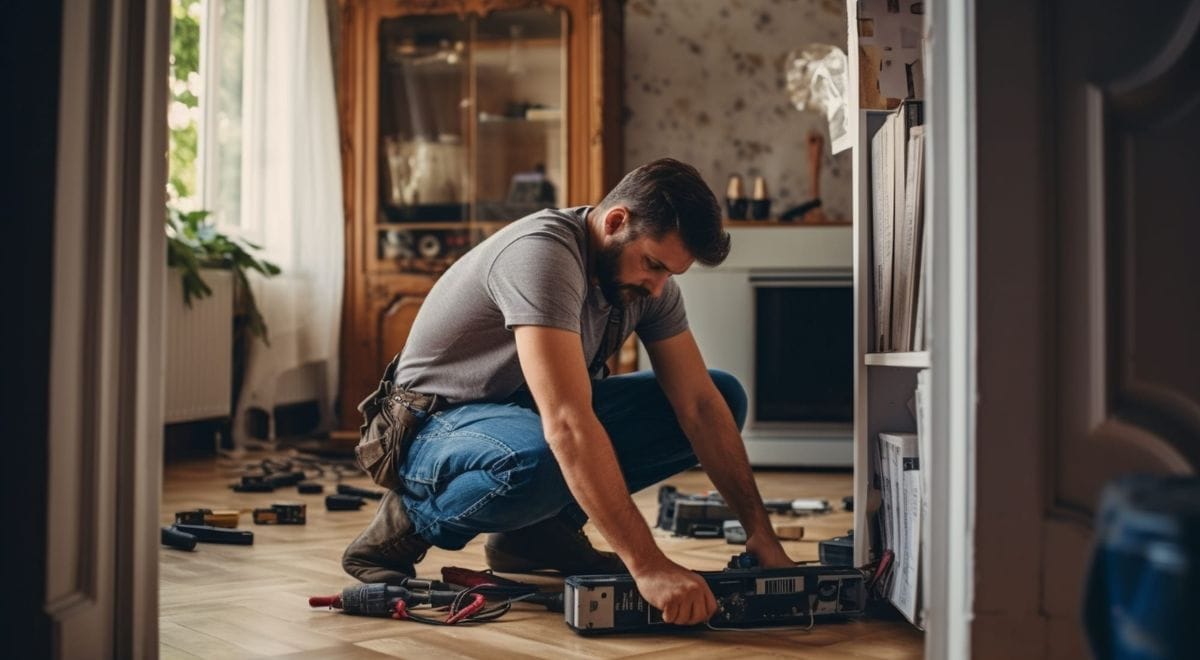
Maintaining a home's plumbing system is not just about fixing leaks and unclogging drains; it's about ensuring the longevity and efficiency of the entire system. A well-maintained plumbing system prevents minor issues from escalating into major repairs, saving homeowners time and money. This guide aims to equip homeowners with the knowledge and skills needed to maintain their plumbing tools and equipment, ensuring they are prepared to handle routine maintenance and minor repairs.
Understanding common plumbing tools and their proper care is essential for any homeowner. From the basic wrench to more advanced inspection cameras, each tool plays a vital role in maintaining a plumbing system. This guide will provide a brief overview of these tools and detailed maintenance tips to help homeowners keep their plumbing systems in optimal condition, preventing common issues and ensuring that the tools are always ready for use.
Understanding Your Plumbing System
The plumbing system in a home is a complex network of pipes, fixtures, and valves. It is designed to supply water, dispose of waste, and ensure the sanitary operation of toilets, showers, and sinks. Knowing the layout of your plumbing system, including the location of shut-off valves and the materials of your pipes, can help in diagnosing problems and performing maintenance. Homeowners should familiarize themselves with the basic structure of their plumbing to effectively address issues and communicate with professionals when needed.

Identifying your home's plumbing needs begins with understanding the signs of potential problems, such as low water pressure, which may prompt you to buy a well pressure tank, slow drains, or damp spots on walls or floors. These signs can indicate clogs, leaks, or wear and tear in the system. Regular inspection of visible plumbing components, like pipes under sinks and the base of toilets, can help homeowners catch issues early. Knowing when to perform maintenance, like seasonal checks or flushing water heaters, can prevent major problems and extend the plumbing system's lifespan.
Essential Plumbing Tools And Their Maintenance
Pipe wrenches are a staple in plumbing maintenance and are used for gripping and turning pipes and fittings. Their effectiveness depends on proper care; rust and damage can hinder their performance. Homeowners should clean their pipe wrenches after each use, drying them thoroughly to prevent rust. Applying a light oil to the moving parts keeps the adjustment mechanism smooth, ensuring the wrench can grip tightly without slipping.
Plungers and hand augers are critical for dealing with clogs. A good plunger can create a strong seal to clear blockages in toilets and sinks, but it requires proper cleaning and drying to maintain its effectiveness. Hand augers, more commonly known as plumbing snakes, are used for deeper clogs. After use, cleaning the cable and properly coiling it prevents kinks and wear, ensuring it's ready for the next use. Proper maintenance of these tools can save homeowners from the inconvenience and expense of persistent clogs.
Advanced Plumbing Equipment
Inspection cameras offer a glimpse into the hidden parts of a plumbing system, allowing homeowners to identify blockages and inspect pipes for damage without invasive measures. To maintain these delicate tools, they should be stored carefully in a protective case, keeping the camera and cable safe from damage. Regularly checking the camera for functionality and cleaning the lens ensures clear images for accurate diagnostics.
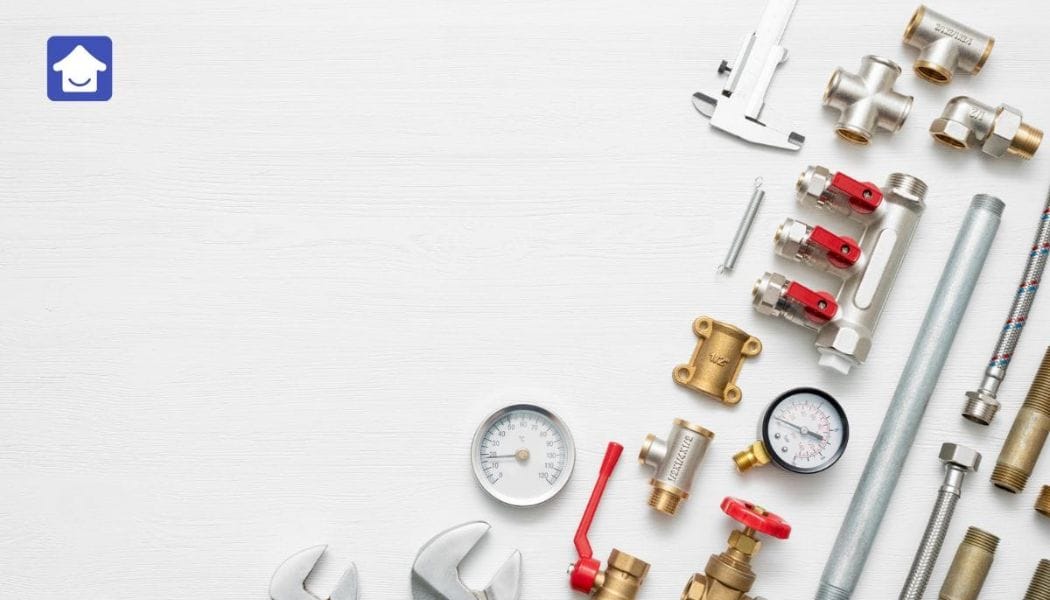
Water pressure gauges and soldering irons are tools that require precision and care. A water pressure gauge must be calibrated regularly to ensure accurate readings, which are crucial for diagnosing problems like leaks or blockages. Soldering irons, used in pipe fitting and repair, require a clean and tinned tip to function effectively. Proper cleaning after each use and storing the iron in a dry place prevent oxidation and damage to the tip, ensuring reliable performance.
Regular Maintenance Tasks For Plumbing Tools
The longevity of plumbing tools relies heavily on regular cleaning and maintenance. Disinfecting tools, especially those used in drain cleaning, prevents the spread of bacteria and keeps the tools in good condition. Inspection for signs of wear and tear, such as cracks in plungers or rust on metal tools, can prevent failure during use. Lubricating moving parts, such as the threads on pipe wrenches or the coils of a snake, ensures smooth operation and prevents damage from friction.
Storage is equally important in tool maintenance. Tools should be stored in a dry, organized manner to prevent rust and damage. Moisture is a common enemy of metal tools, leading to rust and deterioration. By keeping tools in a designated toolbox or hanging them in a dry area, homeowners can prevent moisture exposure and keep their tools readily accessible and in good condition for their next use.
DIY Plumbing Maintenance Tips
Regular maintenance is key to preventing plumbing problems. Simple tasks like cleaning hair from shower drains or using a baking soda and vinegar solution can keep drains clear and prevent clogs. Regularly checking and replacing worn washers and seals in faucets and showers can prevent leaks, saving water and preventing damage. An annual plumbing system inspection, including checking pipes for signs of corrosion or leaks, ensures early detection of potential issues.

Knowledge of your plumbing system also allows for proactive maintenance. Understanding how to use a water pressure gauge can help identify pressure problems that may indicate a leak or blockage. Knowing how to turn off the water supply before starting repairs can prevent water damage and make maintenance tasks safer. These DIY tips empower homeowners to maintain their plumbing system effectively, reducing the need for professional repairs.
Safety Tips For Handling Plumbing Tools And Equipment
Safety is paramount when performing plumbing maintenance. Wearing protective gear, such as gloves and safety goggles, protects against injuries from sharp tools or hazardous materials. Turning off the water supply before attempting repairs prevents flooding and water damage. Electrical safety should not be overlooked, especially when working near water sources. Using tools with insulated handles and wearing rubber-soled shoes can reduce the risk of electrical shock.
Awareness of the potential hazards associated with plumbing maintenance can prevent accidents. Tools should be used according to their instructions, and homeowners should familiarize themselves with the proper techniques for tasks like soldering or using a plumbing snake. Understanding the limits of one's abilities and when to call a professional can also prevent injuries and damage to the plumbing system.
Troubleshooting Common Plumbing Tool Issues
Troubleshooting common issues with plumbing tools is a critical skill for homeowners to ensure their toolkit remains effective and ready for use. Over time, even the best-maintained tools can suffer from wear and tear that impacts their functionality. For instance, pipe cutters, essential for making precise cuts in pipes, can become less efficient if their blades dull. These blades can be sharpened using a suitable tool or stone, following the manufacturer's instructions to maintain the correct angle and edge. This maintenance ensures that the cuts remain clean and precise, reducing the effort required and preventing damage to the pipes. Additionally, applying a light lubricant after sharpening helps protect the blade from rust and corrosion, prolonging its life.
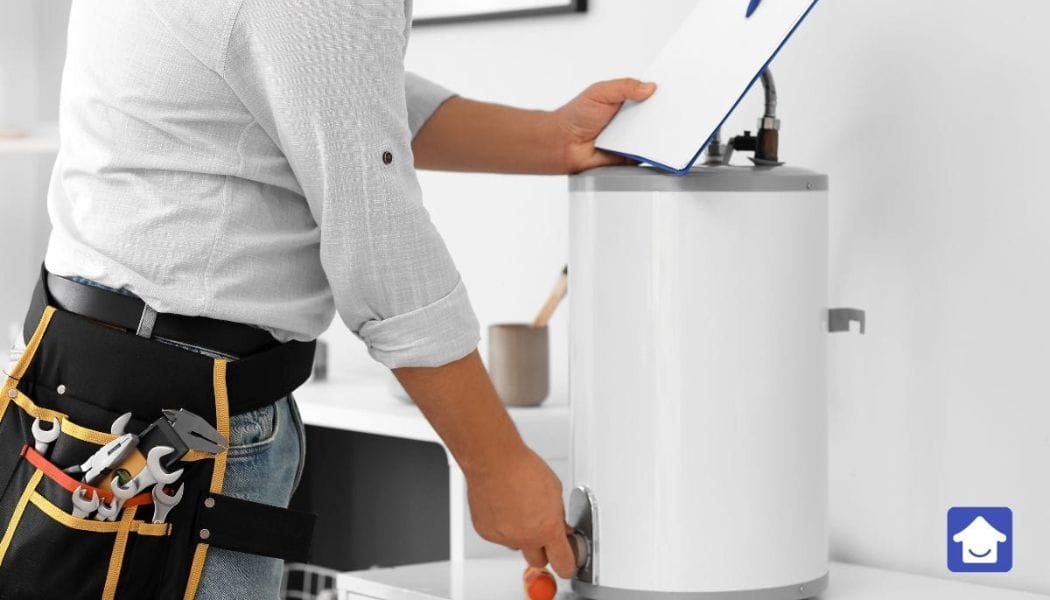
Pipe wrenches and snakes, vital for gripping and clearing pipes, respectively, can also face issues such as jamming or reduced effectiveness due to debris accumulation or rust. When a pipe wrench becomes difficult to adjust or use, disassembling it (if the model allows) and cleaning each component can restore its functionality. This might involve removing grit, grime, or rust from the moving parts and applying a lubricant to ensure smooth operation. Similarly, a hand auger or snake that becomes jammed with debris requires careful removal of the obstruction and thorough cleaning of the cable. It's also important to inspect these tools for any signs of wear or damage, such as cracks or severe rusting, which could warrant replacement. Regularly attending to these maintenance tasks can extend the lifespan of plumbing tools, ensuring they're always ready for the next job.
When To Call A Professional
While DIY maintenance is effective for minor repairs and routine upkeep, some situations require a professional plumber. Recognizing when a problem is beyond DIY capabilities is crucial to prevent further damage. Professional plumbers have the experience and tools to diagnose and repair complex issues efficiently. Regular maintenance checks by a professional can also identify potential problems early, saving homeowners from future headaches.
Choosing a reliable plumber involves researching and selecting someone with a good reputation and the necessary licenses and insurance. Homeowners should seek recommendations from friends or check online reviews to find a trustworthy professional. Establishing a relationship with a good plumber ensures that help is readily available when needed.
Conclusion
The significance of maintaining plumbing tools and equipment cannot be overstated, as it directly impacts the functionality and longevity of a home's plumbing system. Adhering to the maintenance practices detailed in this guide empowers homeowners to preemptively address issues, thereby mitigating the risk of emergency repairs and costly damages. It fosters an environment where the plumbing system operates seamlessly, contributing to the overall well-being of the household.
Furthermore, homeowners can deepen their knowledge and refine their skills by engaging with additional resources like instructional books, credible online content, and hands-on workshops. This proactive approach not only enhances their capability to maintain their plumbing system efficiently but also instills a sense of confidence and self-reliance in managing one of the most vital components of their home.

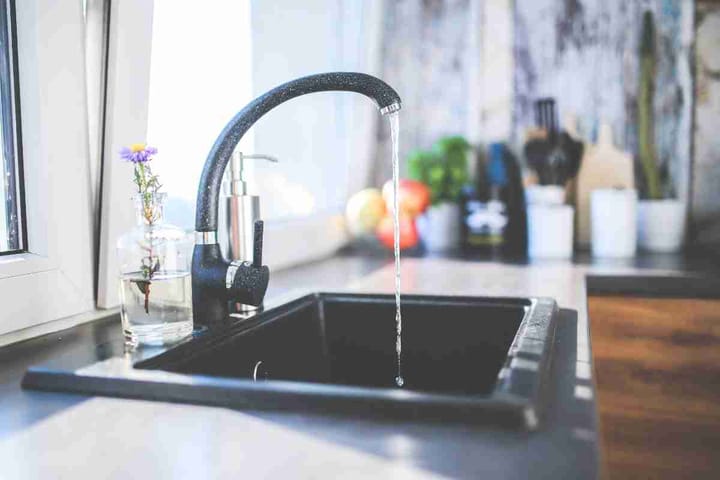
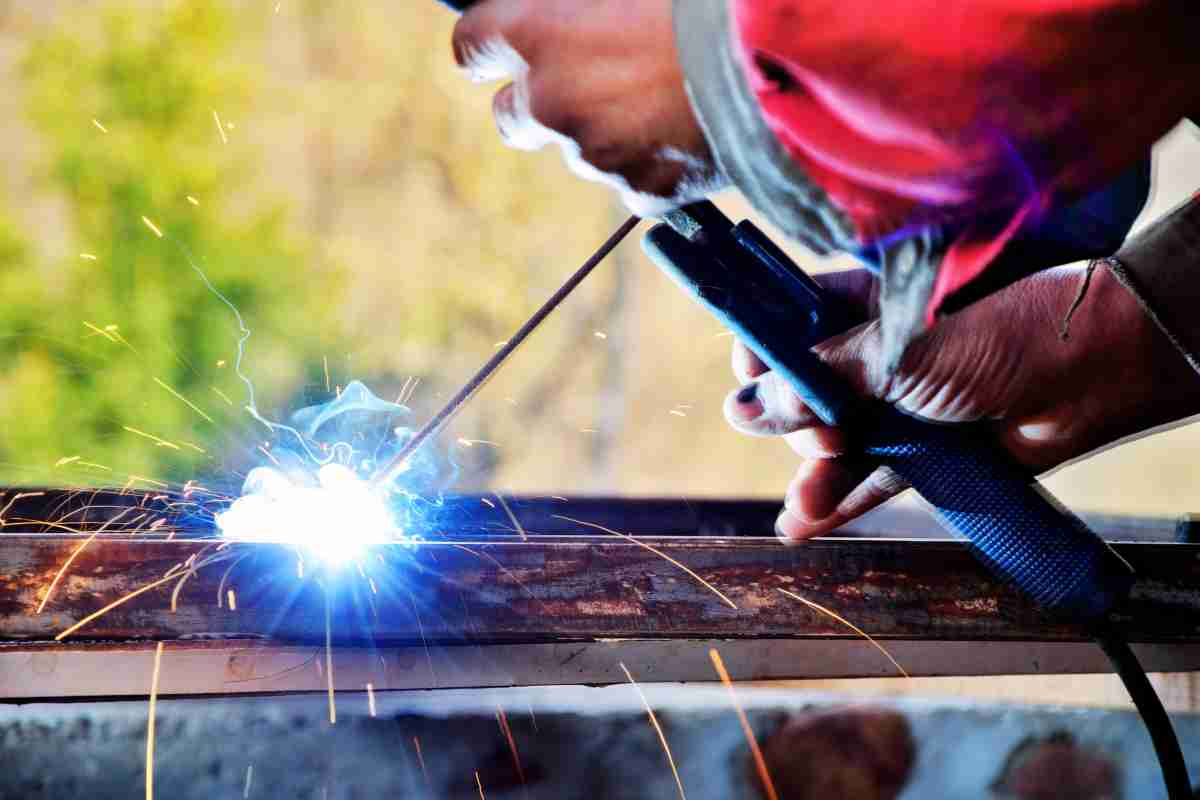
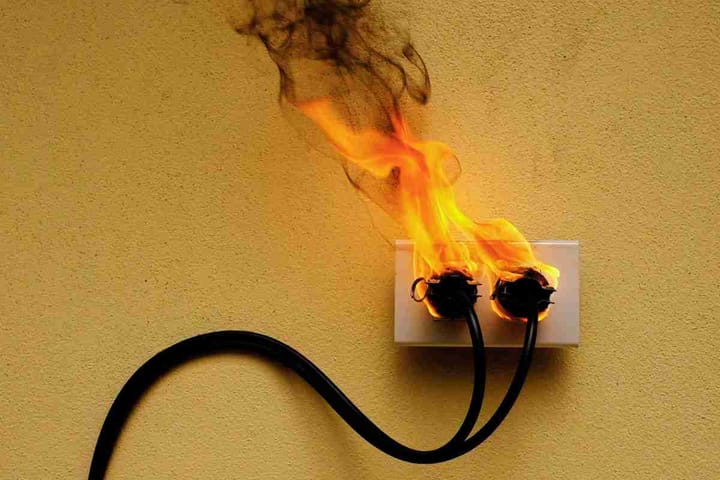
Comments ()